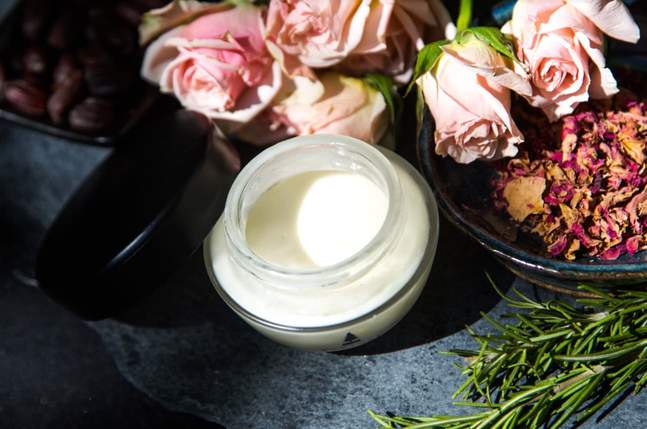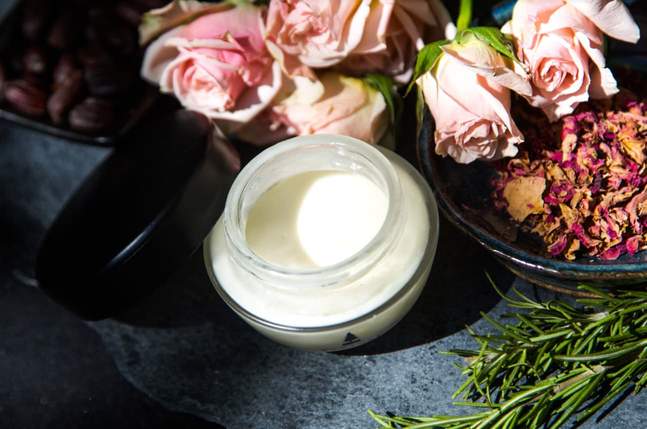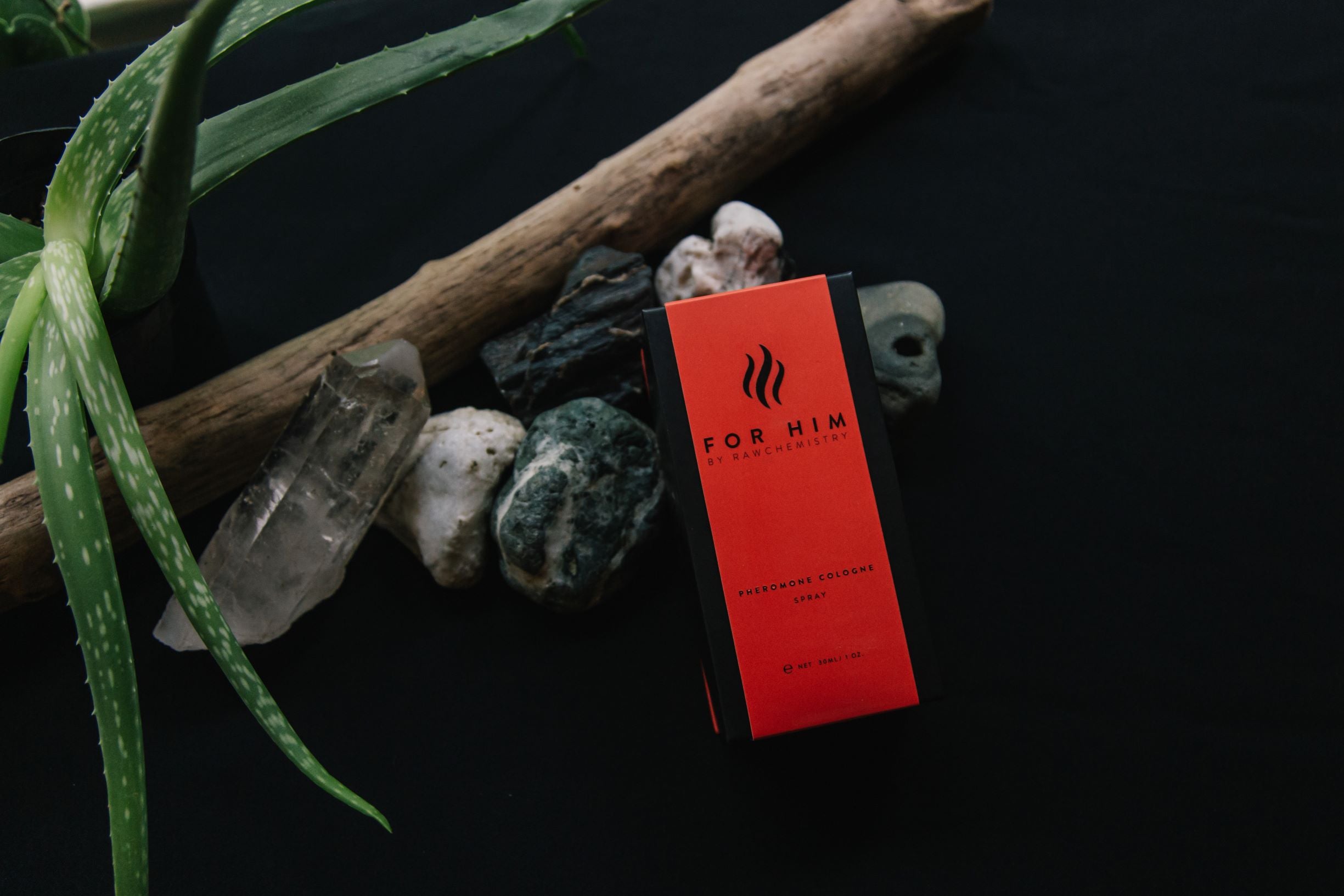
Is there Science Behind Anti-Aging Moisturizers?
Is anti-aging just another fad? With all the wonder-drugs and wonder-creams and wonder-drinks going around, each one promising the fountain of youth, it might be hard to separate fact from fiction. With all these rumours vs facts flying around, let’s ask the crucial question. Is there science behind anti-aging moisturizers?
It’s not you, it’s me
One of the most important things to remember about anti-aging creams is that you might not yet have discovered the right combination of ingredients that suits your skin. Sometimes you may have allergies simply because one ingredient is a little too strong for your skin. After reading through this, you might have a clue so you can look for the right ingredients for you.
Retinol? Yes.
Retinoids, including retinol, have long been considered scientifically to treat skin diseases and conditions that age the skin prematurely. Retinol is a healing and fixing retinoid that repairs collagen (the building-block protein). A clear effect can be seen within 6-10 months. If the treatment is done consistently, the change will be evident in the 6-10 months from the start of the new point of treatment. Regular application will result in constantly renewed skin.
Peptides? Maybe.
What do we know about peptides? Well, first, they are tiny protein pieces that grow new cells and repair damaged ones. They also encourage collagen (makes the skin firm) and elastin (skin elasticity) production. However, do they scientifically work as anti-aging? It is not clear. Because of the large molecules, peptides might not be readily absorbed into the skin. They do result in firmer skin when hydrated with a moisturizer, but do not actively prevent aging. Their effect is mostly skin-deep and temporary.
Antioxidants? Yes.
Antioxidants are almost the scientific no-brainer of the anti-aging moisturizer world. In and of themselves, they protect the whole body from harm by combining with free radicals inside and outside of tmake sure he body. Two of the elements that bombard the face with free radicals are sunlight and pollution. Without any kind of protection, free radicals dry the skin and tire it out, aging it faster. Vitamins such as Vitamin E, and especially Vitamin C, are essential antioxidant ingredients for any anti-aging moisturizer. You can eat foods rich in these or make sure your moisturizer is rich in them.
Sunscreen? Yes.
Sunscreen only made its debut on the anti-aging moisturizer stage very recently. A ground-breaking study by Australian scientists was taken over a period of 4 years to assess how well sunscreen protects the skin. They created a scale of skin damage from 1 to 6, and noted that regular sunscreen lessened regular skin aging by 24%.
It also evened out the natural skin tone because the body was not overworking to produce melanin (the body’s natural sunscreen that gives you your tan). Sunscreen is not a usual active ingredient of moisturizers, but rather it is placed over your regular moisturizer to hold it in and protect the whole face from damage.
Is there science behind anti-aging moisturizers? Yes!
Anti-aging moisturizers no longer belong to the same categories as myth and magic. Various studies and medical research have discovered that there are really natural, scientific ways of protecting your skin and restoring its strength, firmness, and elasticity. The challenge, now, is discovering: which combination is perfect for you?

